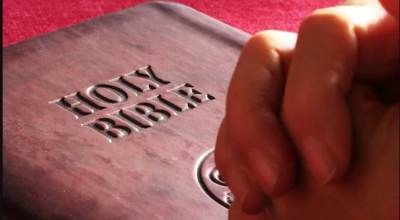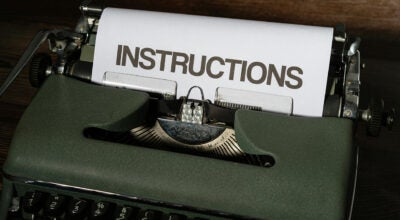Musings on the original Ray Mosby
Published 8:50 pm Thursday, June 14, 2018
“Fair? A fair is something with rides and clowns. Life ain’t fair, Sonny Boy.” — My grandfather
My father was wont to say of his that he could set concrete on fire with a box of penny matches.
And I reckon that was about right.
Family lore has it that he burned down “a perfectly good chicken coop” one Saturday afternoon when the rest of the family had gone to Clarksdale, and my cousin Montroy allowed as how one never had to wonder long about the whereabouts of “Big Ray,” because “all you got to do is look for the smoke.”
My grandfather had been a catcher for a semi-pro baseball team in the early 1900s, and because of that, he could literally squat for hours at a time and even as an older man could hurl a baseball hard enough to hurt when you caught it.
“Ray sets some of his best fires when he’s squatting,” Montroy once sagely observed at a family gathering. “Guess it’s ‘cause he’s closer to the ground.”
I suppose that the original Ray Mosby (Ray Overton Mosby, 1894-1971) may have had a touch of pyromania tucked away amid his more admirable characteristics, but fact is, I never saw him set a match to anything that didn’t need burning. Well, there was that one time I had to hold off a grass fire that was threatening the butane tank in his and my grandmother’s back yard with a garden hose, but that hardly seems worth dwelling upon for long.
Because my grandfather, a little banty rooster of a man in a generational string of them (the “Big Ray” was only employed to draw distinction from his grandson, “Little Ray,” who benefited mightily from his grandfather’s insistence that he be allowed to accompany him everywhere, including a few grownups-only locations) was also bigger than life.
Every city, town and village has — or, at least used to have — the sort of local legend that was my grandfather in the one of my upbringing. I called him NanDad — probably because by the time I could pronounce “Grand Dad,” my earlier stab at it had taken root.
Those old enough to remember “The Reader’s Digest” will also likely recall that publication contained one of those “most unforgettable character” features among its monthly fares, and on more than one occasion I was tempted to send in an essay on my grandfather. On each of them, though, I reasoned, in retrospect correctly, that the editors of that seemingly ubiquitous magazine simply wouldn’t have believed it true.
There was, as example, the time he received all the votes in a contested election.
Back in the day when there was such, my grandfather was a Justice of the Peace in northern Coahoma County — probably the only JP of that time that didn’t make any money at it. He wouldn’t let the Highway Patrol set up radar traps in his district and while he had the legal authority to marry folks, he didn’t believe he had the moral authority to do so. I personally witnessed one occasion when he drove a would-be husband and wife to the preacher’s house so he could marry them, then when the groom failed to give the minister his “honorarium.” NanDad did, out of his pocket.
And so, when election time rolled around it was generally thought NanDad was not likely to draw much opposition, but on the qualifying deadline, he did — from a fellow by the name of Chip Mosley from neighboring Jonestown, who was, among other things, a midget. Mosby/Mosley, and a midget, at that. You can’t make this stuff up.
And as it turned out, the good Mr. Mosley’s candidacy was not a serious one because on election day, my grandfather received each and every vote cast — including that of his “opponent.”
My grandfather was something of a local political power-broker back in the days when not only candidates but winning and losing ones were determined in smoke- and whiskey-filled rooms, and though I was not old or wise enough to realize it, after one of those nights in one of those rooms where “Little Ray” was the only kid allowed, he was to tell me what remains to this day the single most cogent piece of political analysis I have ever read or heard.
I said something about the facts not supporting something or another, and he kneeled down, looked me in the eye and said, “Sonny Boy, I want you to remember something: In politics, the facts don’t matter. What matters is the names you can manage to impose upon the facts.”
My grandfather knew people and he knew their politics and he took the time to teach me both.
And while that was going on 60 years ago, I still remember.
Ray Mosby is editor and publisher of the Deer Creek Pilot in Rolling Fork.





